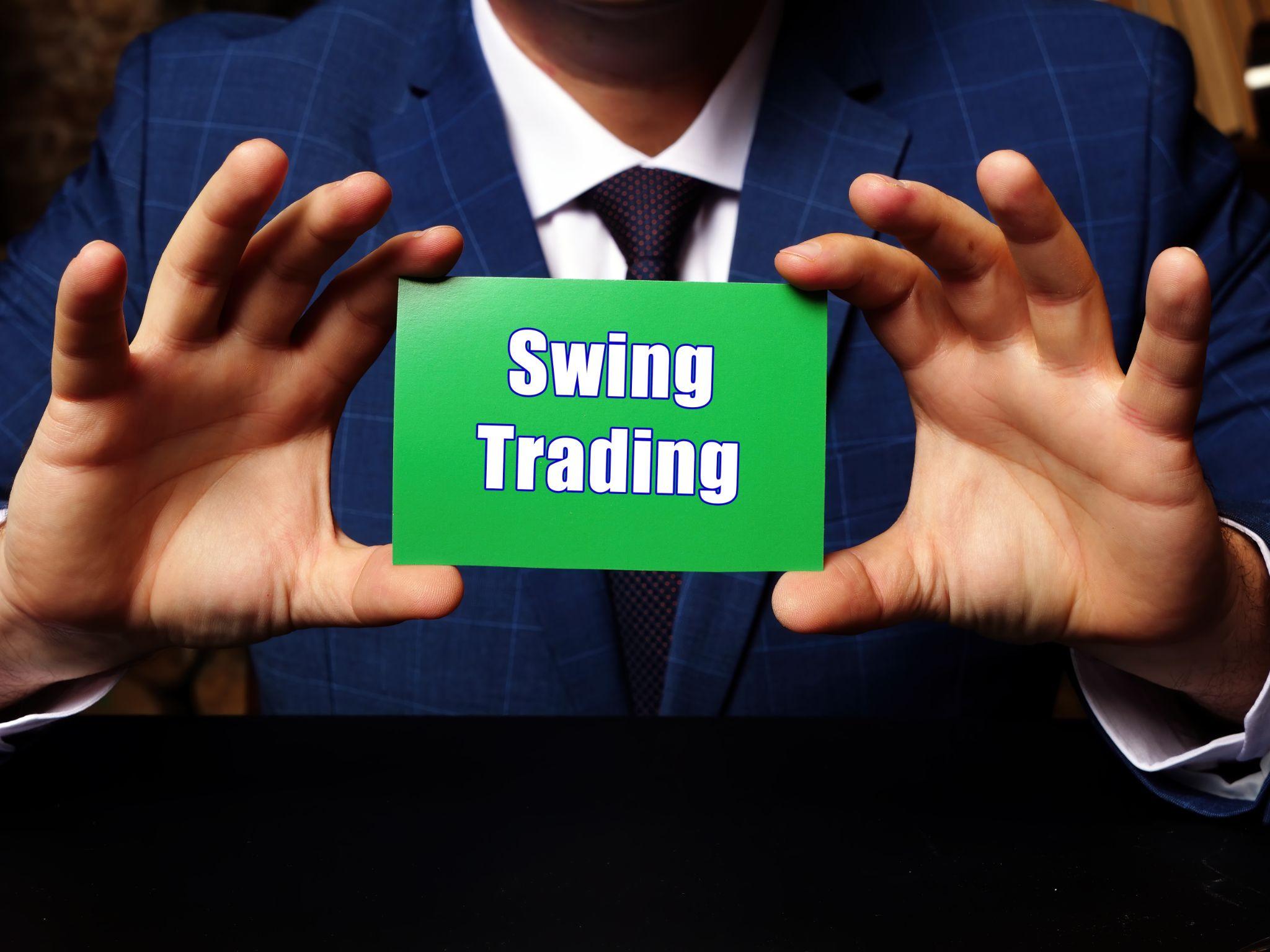
In the fast-paced world of financial markets, swing trading has emerged as a popular strategy for capturing short-term gains. Unlike long-term investing, which focuses on buying and holding assets for extended periods, swing trading involves capitalizing on price swings within shorter time frames, typically ranging from a few days to several weeks. In this article, we’ll delve into the secrets of swing trading, exploring its strategies, techniques, and potential rewards.
Understanding Swing Trading
At its core, swing trading is about identifying short-term price movements and profiting from them. Traders look for stocks, currencies, or commodities that exhibit temporary price fluctuations, aiming to enter and exit positions at opportune moments to maximize profits. Unlike day trading, which involves executing multiple trades within a single day, swing traders hold their positions for slightly longer durations, allowing them to capitalize on broader market trends.
The Power of Technical Analysis
Technical analysis lies at the heart of swing trading, providing traders with valuable insights into price movements and trends. Chart patterns, such as triangles, flags, and head and shoulders formations, are scrutinized for signs of potential price reversals or breakouts. Indicators like moving averages, relative strength index (RSI), and stochastic oscillators help traders gauge momentum and identify entry and exit points with precision.
Key Strategies for Success
Successful swing traders employ a variety of strategies to navigate the markets and generate consistent profits. Trend following involves identifying established trends and riding them for as long as possible, while counter-trend trading seeks to profit from temporary reversals in price. Breakout trading involves entering positions when prices break through key support or resistance levels, signaling potential momentum shifts.
Risk Management and Position Sizing
While swing trading offers the potential for lucrative gains, it also carries inherent risks. Effective risk management is essential for preserving capital and ensuring long-term success. Traders must carefully consider their risk tolerance, set stop-loss orders to limit potential losses, and adhere to strict position sizing rules to avoid excessive exposure to any single trade.
Psychology of Swing Trading
The psychology of trading plays a significant role in determining success or failure in the markets. Swing traders must maintain discipline, patience, and emotional resilience in the face of market volatility and uncertainty. Overcoming fear and greed, sticking to predefined trading plans, and learning from both wins and losses are essential aspects of mastering the psychological aspects of swing trading.

Tools and Resources for Swing Traders
In today’s digital age, swing traders have access to a wealth of tools and resources to enhance their trading capabilities. Advanced charting platforms offer customizable indicators and drawing tools, while algorithmic trading software can automate trade execution based on predefined criteria. Educational resources, online communities, and mentorship programs provide invaluable support and guidance for aspiring swing traders.
Case Studies and Real-World Examples
To illustrate the effectiveness of swing trading strategies, we’ll examine real-world examples of successful trades and the factors that contributed to their outcomes. By analyzing past trades and identifying patterns of success, traders can gain valuable insights into the principles and practices of swing trading.
Conclusion
Swing trading offers traders the opportunity to profit from short-term price movements in the financial markets. By leveraging technical analysis, sound risk management principles, and psychological discipline, swing traders can unlock the secrets to consistent profitability. While swing trading requires dedication, skill, and patience, the potential rewards make it a compelling strategy for active traders seeking to capitalize on market opportunities. With the right knowledge, tools, and mindset, aspiring swing traders can embark on a journey of discovery and success in the dynamic world of swing trading.










